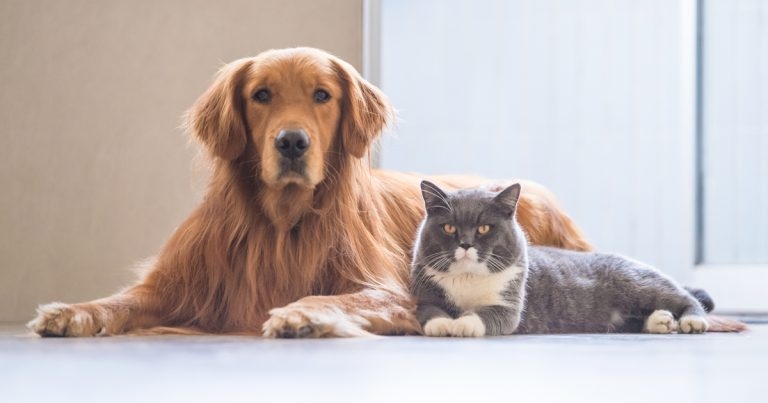17 Feb 2022
The Small Animal Expert Group will bring together key players from across the veterinary sector, and use data analysis and data sharing to keep on top of new and re-emerging trends in small animal disease.

Image © chendongshan / Adobe Stock
A new disease surveillance group that will bring together key players from across the veterinary sector has been described as a “big step forward” for small animal welfare.
The Government-led Small Animal Expert Group (SAEG) will be dedicated to using data analysis and data sharing to keep on top of new and re-emerging trends in small animal disease.
Comprising a prestigious line-up of industry stakeholders including SAVSNET, VetCompass, the BSAVA, and the VMD, members of the SAEG will work within the same network to share data and insights.
The disease surveillance body also includes welfare groups such as the RSPCA, SSPCA, Dogs Trust, Cats Protection and the Heathrow Animal Reception Centre.
Veterinary lead for the new group at the APHA Gillian Diesel said: “I think it is a big step forward for small animal disease surveillance, which plays a big part of small animal health.
“I think the group just puts more of a spotlight on disease surveillance in small animals, the species that humans live and interact most closely with.
“It also provides that formal structure to small animal disease concerns to be flagged to Government, which in turn highlights their importance in society.”
Dr Diesel detailed how the aim of the group is to use collectivised information, and the huge data networks of SAVSNET and VetCompass, to create a more unified responses to future disease outbreaks.
This would also help combat potential misinformation and ensure the right responses are disseminated as fast as possible.
Learning from past outbreaks such as pancytopenia, Dr Diesel also elaborated on how the group would allow vets to more actively participate with disease surveillance throughout the country, giving them a singular body to which potential concerns can be reported, and from which to take advice.
She added: “APHA has always referred to other groups for livestock species and for wild species, and over the years there have been odd incidents involving companion animals – the most recent being the outbreak of pancytopenia.
“With those few incidents, it is recognised that there is a bit of a gap for small animals, in terms of a government body to help support any kind of response. The idea behind it is to really act as a sort of hub, a central point and a networking group where we can share intelligence about issues and concerns.
“Then, if there is a serious issue, we can then feed that up to Government and then any response can more easily be cascaded back out to industry.”
A spokesperson for the BSAVA said: “BSAVA have been involved in discussions with APHA to establish the newly formed Small Animal Expert Group, the most recent addition to APHA’s existing Species Expert Groups.
“It’s excellent news that, despite the challenges presented by the COVID pandemic, the work of both organisations has paid off and finally come to fruition, with the first meeting of the group having been held in January.
“BSAVA is delighted to be a member of the group, and will continue to work with APHA in achieving the group’s objectives by contributing to the Government’s work in safe-guarding animal health and welfare, protecting human health in terms of zoonoses, and supporting international trade.
“In collaboration with other group members, we hope to achieve this through disease surveillance activities relating to new and re-emerging threats with particular emphasis on small animals. As the work of the group progresses, we anticipate that it will make a valuable contribution to the small animal veterinary sector, the pet-owning population and wider society.”
Also joining the team are Dan O’Neill and Dave Brodbelt, co-leaders of VetCompass at the RVC, who have welcomed the establishment of the SAEG as it adds a focus on the health issues of companion animals to the APHA.
Dr O’Neill said: “Companion animals live their lives often closely entwined with the lives of their owners and thus, from a one health perspective, it is only logical to consider companion animal health issues as closely linked to that of humans.
“VetCompass shares anonymised clinical records from more than 30 per cent of UK veterinary practices that have already led to more than 95 peer-reviewed publications.
“VetCompass welcomes offering these insights and evidence into current and emerging health issues in companion animals to support this valuable Small Animal Expert Group.”